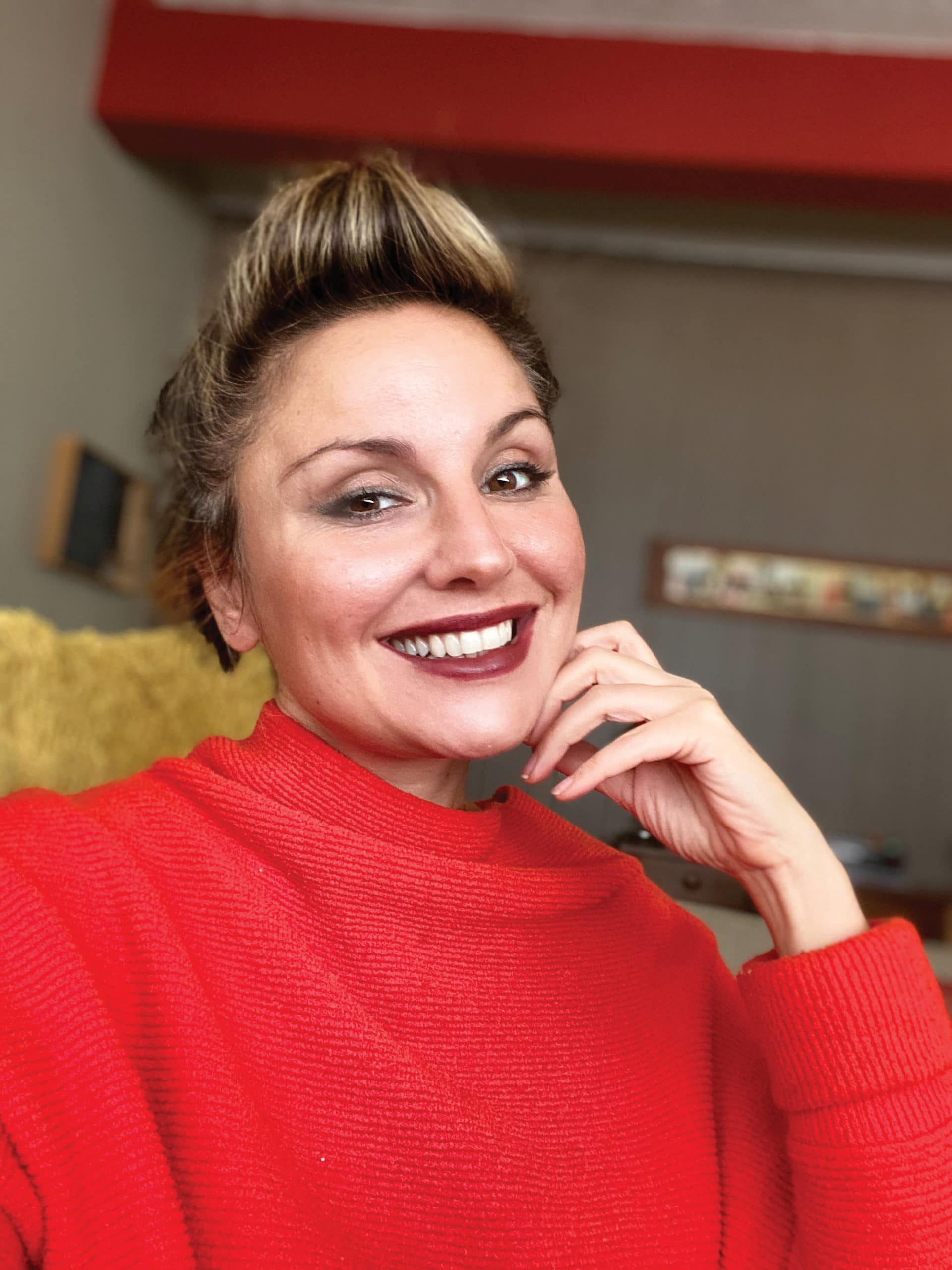In the age of quick fixes and promises of miracles, where we can design our physiology and choose our reality, it is aggravating that we are not able to design our feelings. Wouldn’t it be wonderful if we never felt shame, guilt, anxiety, fear, or if we were never in the wrong? The quintessence of human struggle is described in the story of the Tower of Babel: We collectively wish to reach the ultimate state of godlike being, to have ultimate control over our lives and the world.
This desire is often heavily monetized upon by multibillion-dollar industries. Our unattainable search for perfection and our intrinsic fears and insecurities can be harvested infinitely. The crop of our fears is money. No matter how hard we try, we will always be fallible and, at various points in our lives, at odds with the world and others. This is the nature of the egocentric institution of self. This is the nature of “I” because the “I” separates us from the rest, and being separate means being alone, and being alone means being vulnerable. And the outcome of this inevitable aloneness is fear, and when we are scared, we are needy. And needy people buy things.
Buy a new cup size, and men will love you. Buy this book, and you will never have to deal with a painful relationship. Sign up for this program, and you will be a millionaire. Underneath it all is one consistent message: You are not enough, you are vulnerable, you are a victim. The internet is flooded with pseudo-psychology articles such as “How to spot a narcissist,” “Get rid of toxic people,” and “Are you in an abusive relationship?” The truth is that popular psychology has monetized on one consistent variable in human nature: We desperately want to be loved; hence, we are afraid to look at unlovable parts of ourselves. In this state, we will buy anything that tells us we are not the cause of our anguish. The truth is that we cocreate emotional realities with one another, and we are responsible for telling the other where our boundaries lie, what we are willing to accept, and what feels tolerable.
Statistically, the clinical level of psychopathy in the general population is only about one percent. Yet every woman who is divorcing is divorcing a “narcissist.” Every time we are in an argument with someone, we pick and choose a mental health label we don’t truly understand to describe the guilty party. Every time a friend points out a shortcoming, we have a “realization” that this is a “toxic” friendship. Yet only one percent of us is personality disordered, and I would say about 100 percent of us have at some point experienced some form of abuse in a relationship, be it in a work, family, friendship, or romantic setting. This leads to only one conclusion: We all have been abusive to someone at some point in our lives. But how many of us have gone to bed thinking, “Oh goody! I abused this person really good today. Yay for me!” Again, only one percent.
So how, then, did we end up being so bad when we are so good? A multibillion-dollar self-help industry convinced you that you were a victim. You told yourself you were being treated unfairly. We justify rage through the lens of victimhood. Nazis used the collective sentiment of German victimhood after the First World War to justify demonizing Jews, and Soviets used the disadvantaged populous to galvanize hatred toward the bourgeoisie. The more fully we inhabit the narrative of victimhood, the more blind we become to our own abusive actions. So, if you find yourself frequently deleting friends from your Facebook, if you are encountering “narcissists” every time you enter a relationship, if you think you are surrounded by “toxic” people, or if you are reading 100 self-help books and posting memes about how bad others are, chances are, you are the problem.
Put down the magnifying glass and look in the mirror. It’s okay, the world is painted with light and shadows. If we were supposed to be made of light alone, we would be invisible. spt







Comments